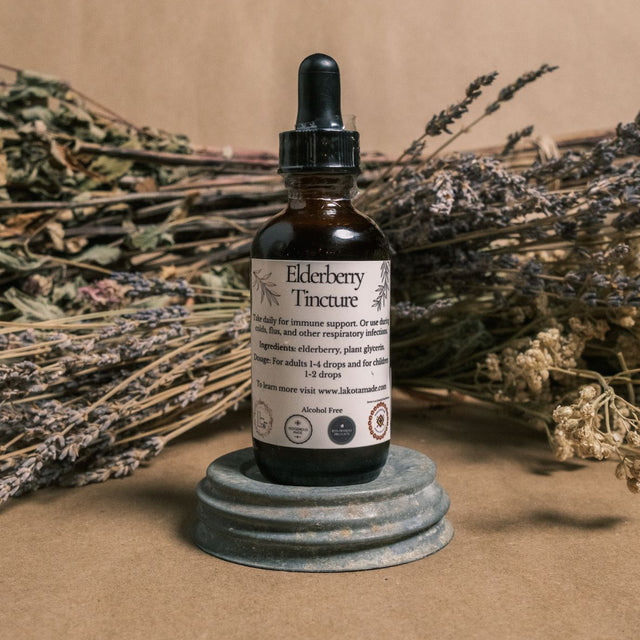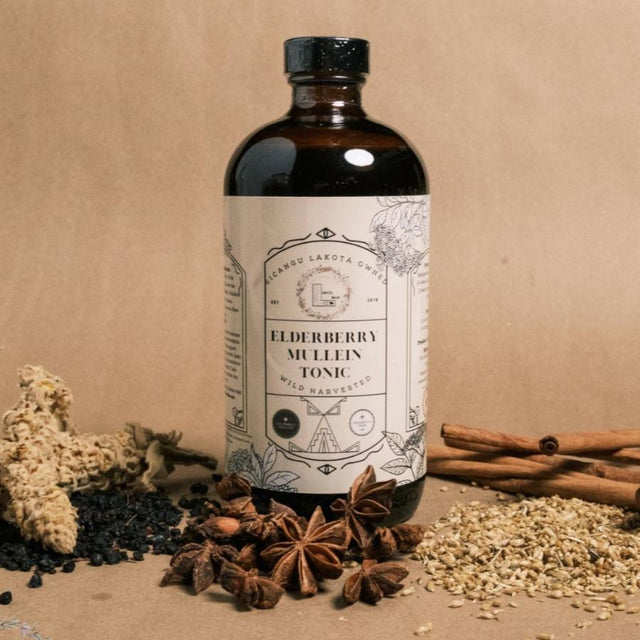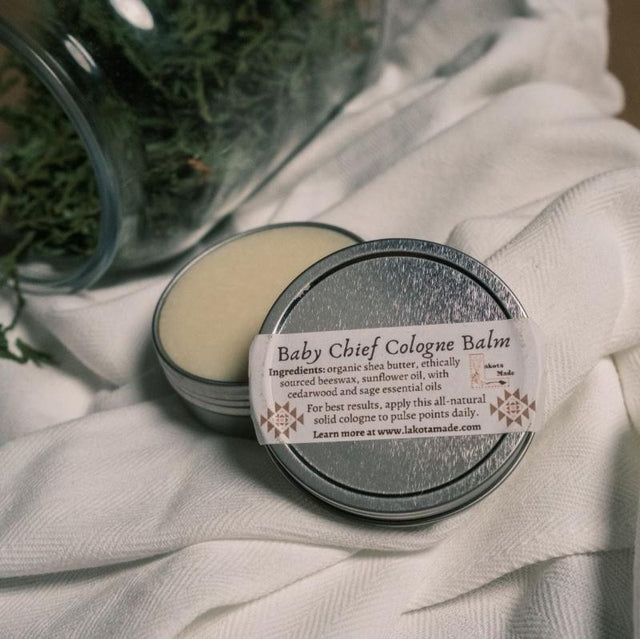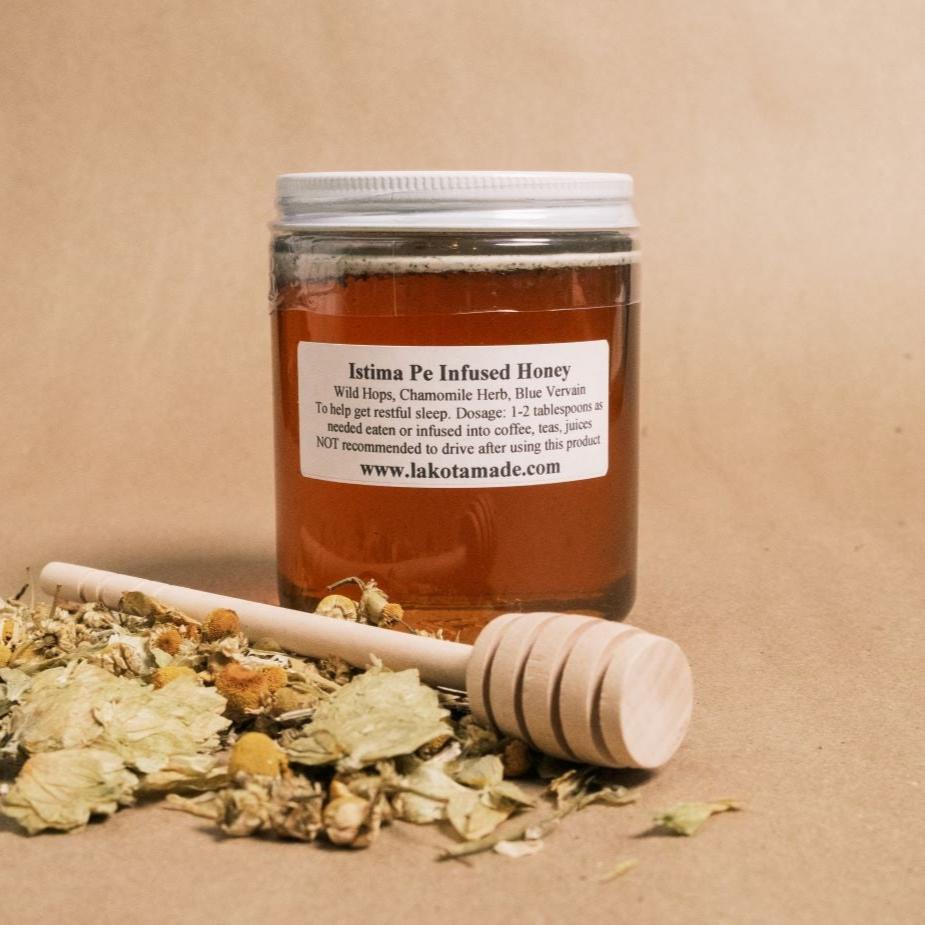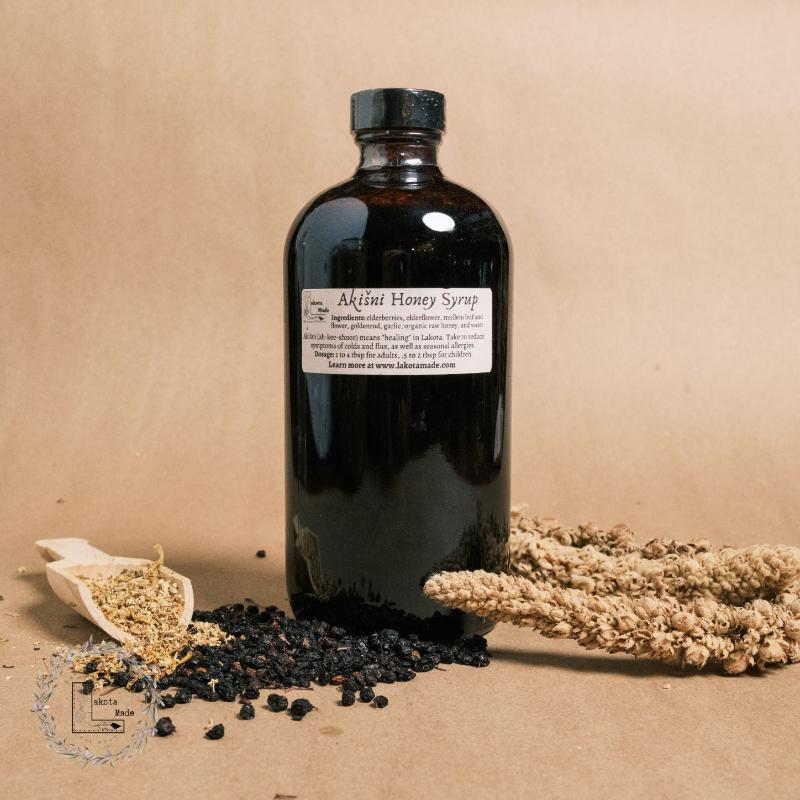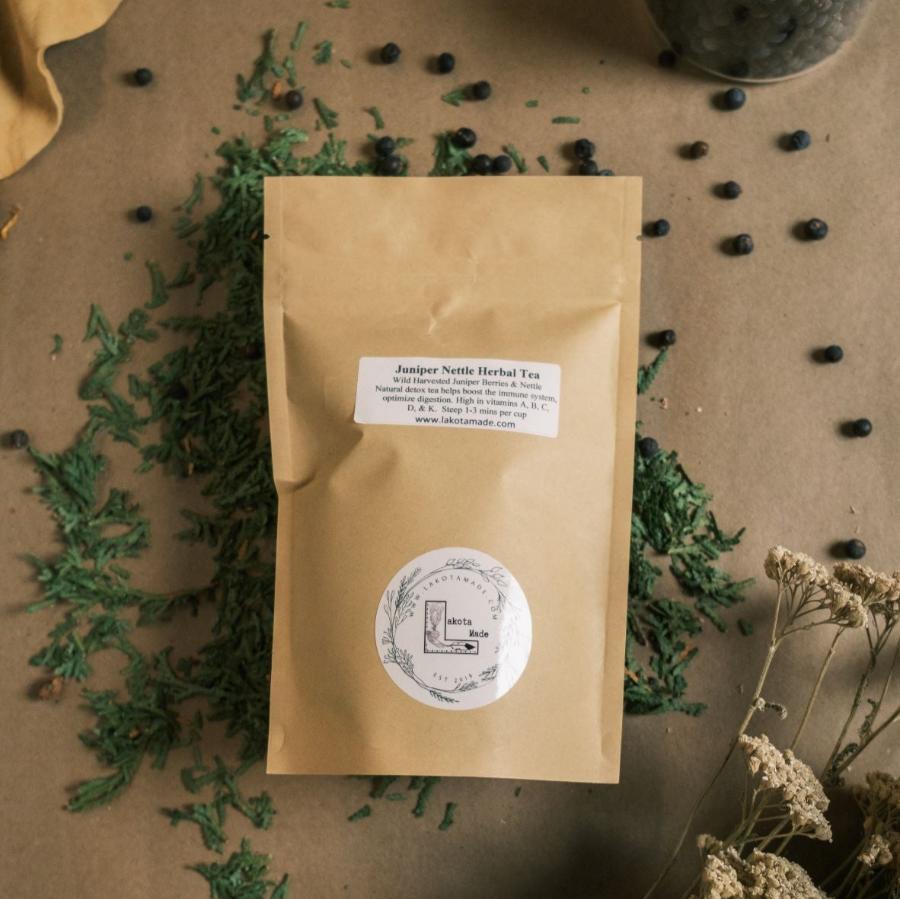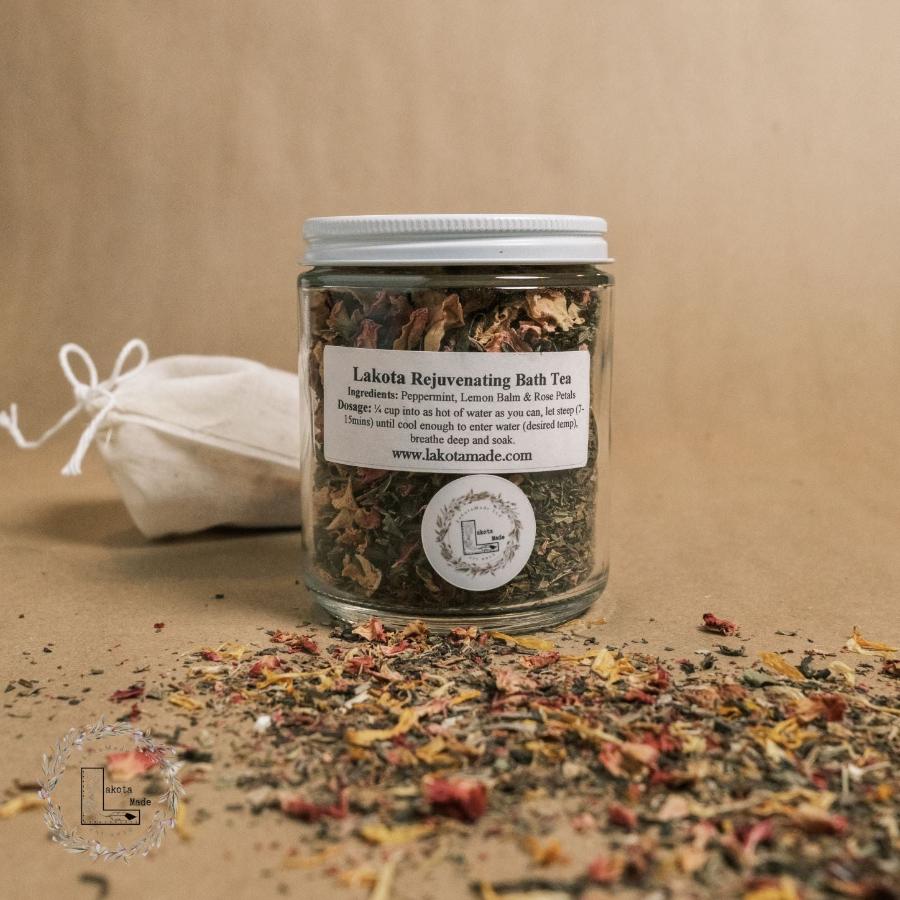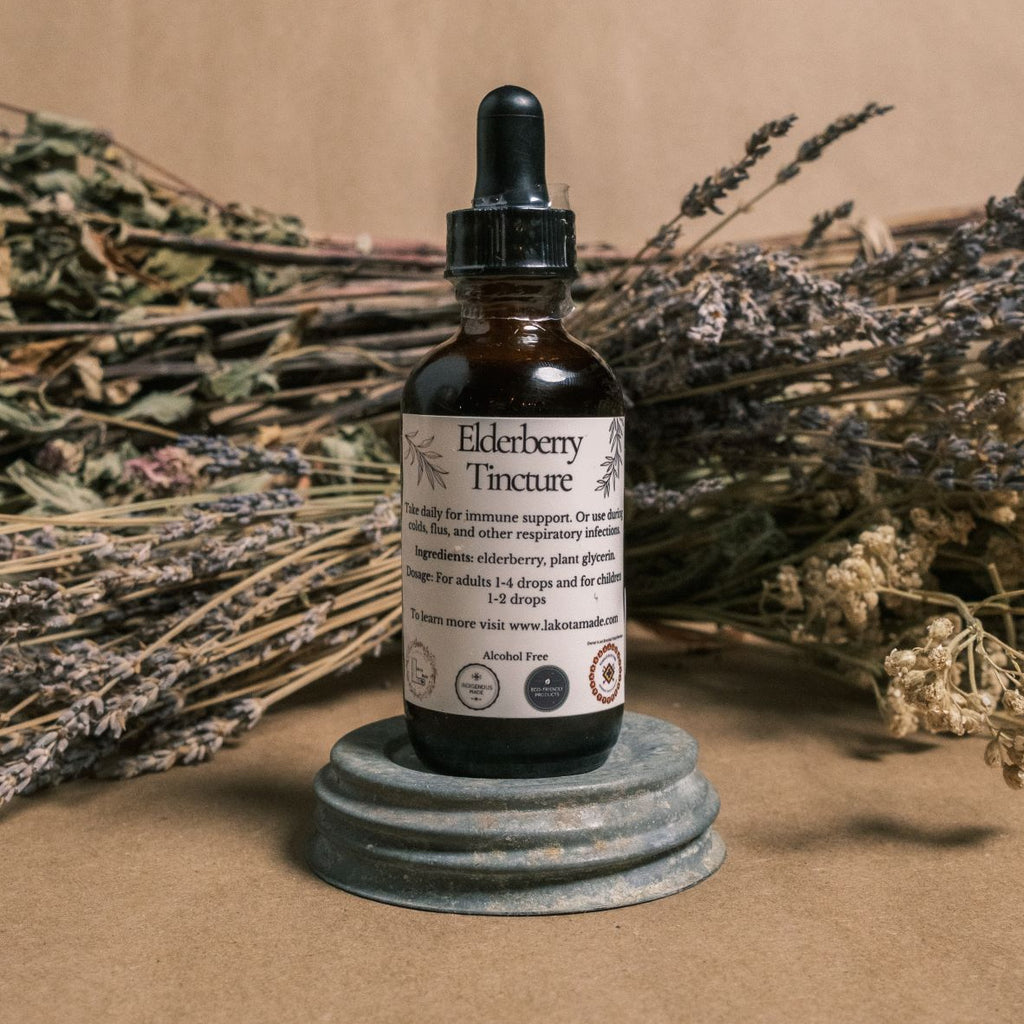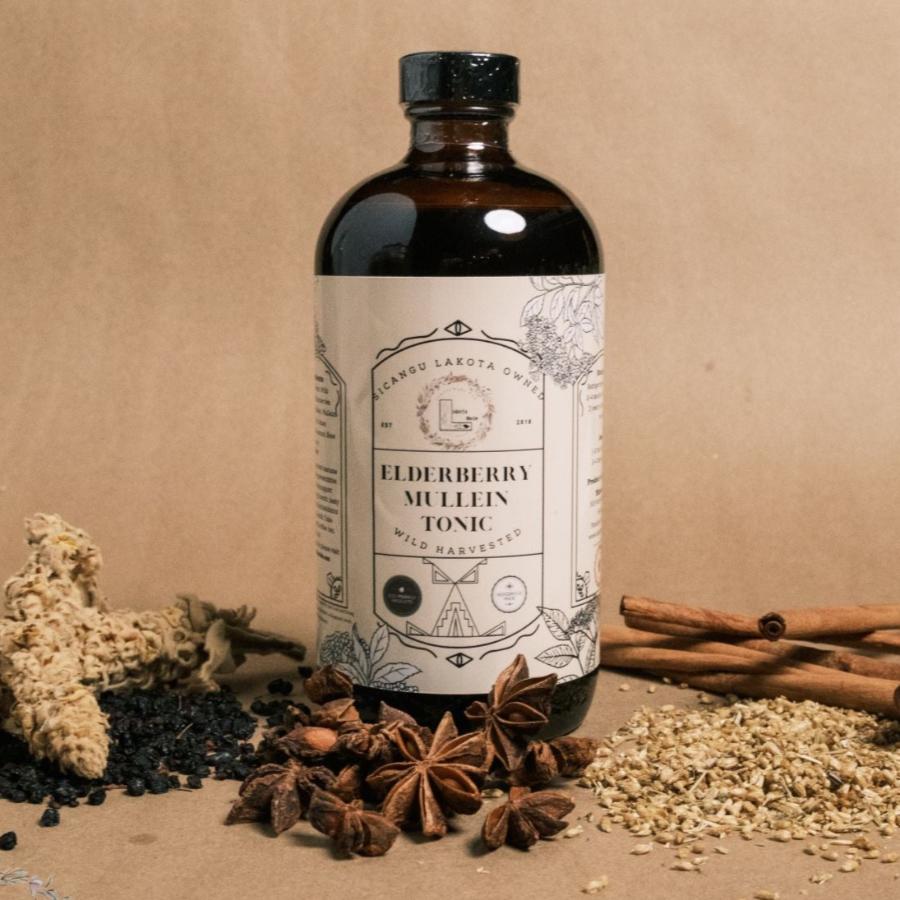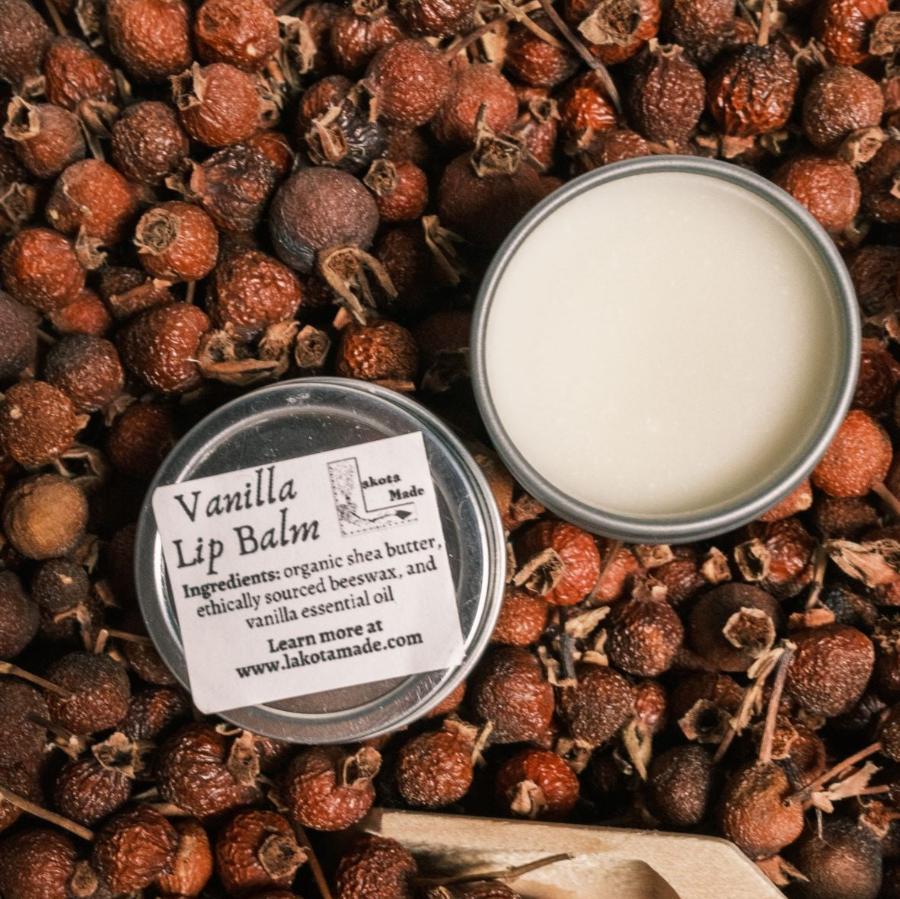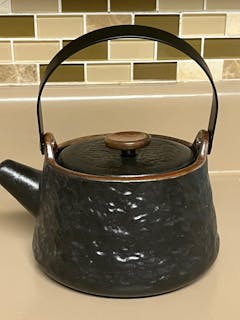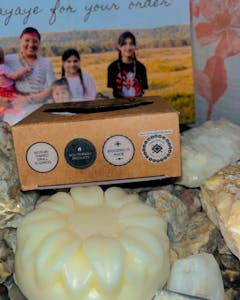

Akišni Honey Syrup
Description
Akišni (ah-kee-shnee) means "healing" in the Lakota language.
Ingredients: Raw Honey, Mullein Leaf & Flower, Garlic, Elderberries, Elderflower, Goldenrod
Best for: Full-Body Healing for Colds and Congestion
Purpose: This deep, plant-powered blend helps clear mucus, open airways, and support recovery. Ideal for stubborn colds, wet coughs, or sinus infections.
Why it stands out:
- Garlic and goldenrod support immune function and sinus relief
- Mullein and elderflower ease lung tension and inflammation
- Rich, floral, and earthy flavor
Directions: Mix this syrup with juice, coffee, tea, smoothies and more. A sweet, healthy syrup you can use just about anywhere you want!
Dosage: 1–4 tbsp daily during illness.
Storage: To prolong the life of your honey syrup, place in a cool, dark place (refrigerator is best) within 1 to 2 months of purchase. Best within 2 years unopened, 1 year opened.
Product comes in a 16oz amber bottle.

